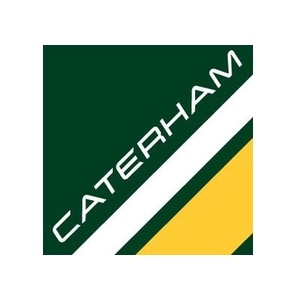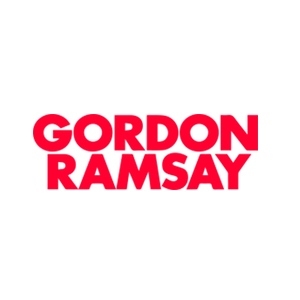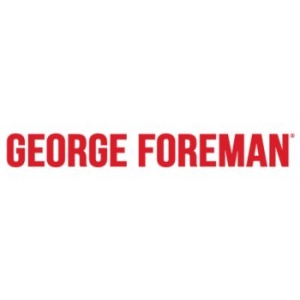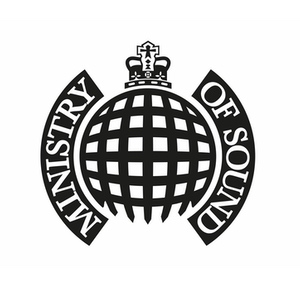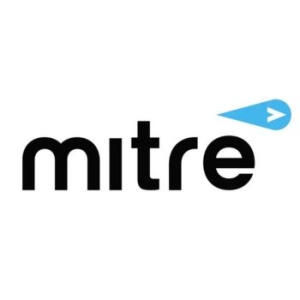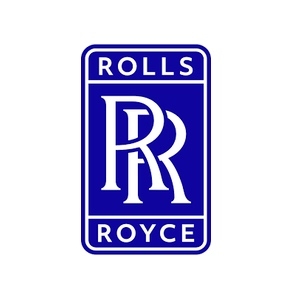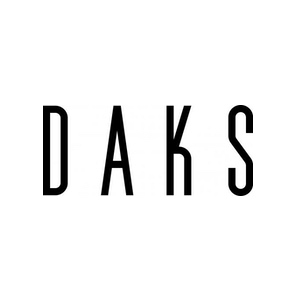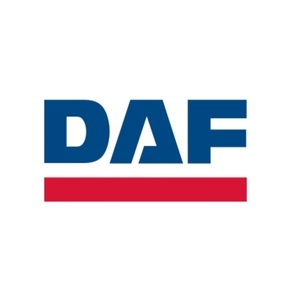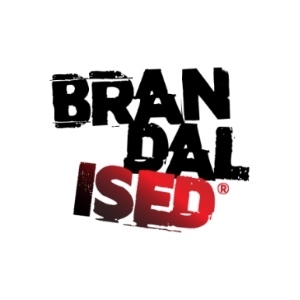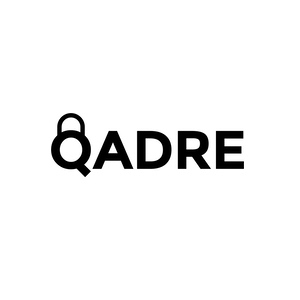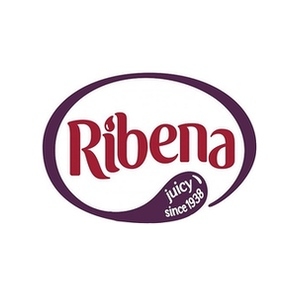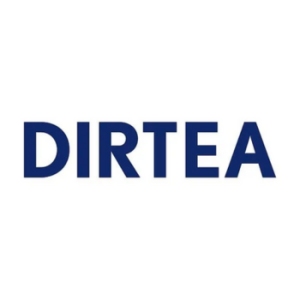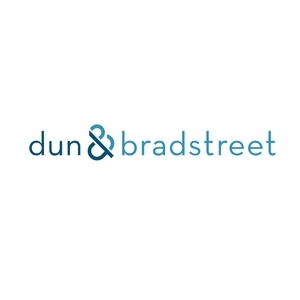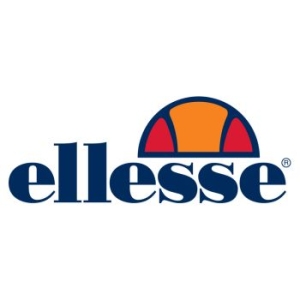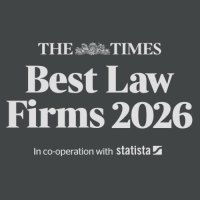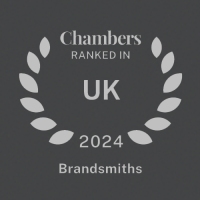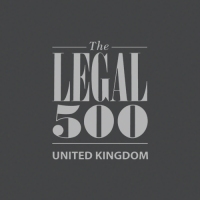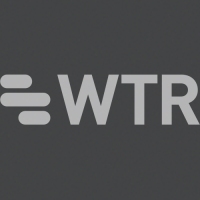Search-a-brandPowered by BRANDSMITHS
Search-a-brand assists you in researching, choosing and building a brand for your company, service or product. Try it out and search with the intended name!

ALLEGED BITCOIN CREATOR CANNOT PAY USING DIGITAL ASSETS
Author:
Bitcoin Association vs Tulip Trading Limited.
The High Court of Justice has recently heard a security for costs application made by Bitcoin Association BSV and other defendants against the alleged Bitcoin creator’s company, Tulip Trading Limited.
On 26 January 2022, the consequential judgment was handed down which dealt with the amount and manner of the security that was ordered against the Bitcoin creator at an earlier hearing on 5 January 2022.
Master Clark found that the creator’s company cannot use Bitcoin as a method to pay security. This will serve as useful guidance for future cases as use and payment by way of digital assets radically grows.
Background
The Claimant, Tulip Trading Limited, is a company, whose owner, Dr Craig Wright, claims to have created the Bitcoin system under the pseudonym “Satoshi Nakamato”. Dr Wright claims to be the owner of $4.5 Billion worth of digital assets. However, Dr Wright requires a private key to access the digital asset which he recently discovered was deleted, suspectedly by hackers.The Defendants in the claim are Bitcoin Association BSV (a Swiss association) and various individuals who are opensource software developers for Bitcoin Core & Bitcoin Cash on a non-commercial basis.
In the substantive claim, the Claimant claims the Defendants owe it fiduciary and tortious duties to rewrite the software code to enable it to access the Bitcoin.
The Defendants are domiciled out of the jurisdiction and so the Claimant was required to apply for permission to serve the proceedings on them outside the jurisdiction. The Court granted permission but the Defendants applied to set it aside. The Defendants sought security for the costs of the application.
First Judgment – whether security should be granted
The first judgment handed down on 5 January 2022 dealt with whether security should be ordered.The Master ordered the Claimant provide security on the following bases:
- The purpose of ordering security is to protect a Defendant (who is an involuntary party to the litigation) against the risk they may be unable to recover the costs of the claim brought against them. The Master found this applied all the more forcefully in this case where the Defendants were private individuals domiciled outside of the jurisdiction.
- The Claimant suggested it could provide security through Bitcoin. However, the Master refused to deal with that contention at the present stage on the basis it concerned issues to be decided at trial. Security only needed to be ordered if the Claimant had to pay costs i.e. if it lost. However, if the Claimant lost it would presumably have no legal right to the Bitcoin it suggested should be segregated for security. Further, the Claimant could not access that Bitcoin (as it alleged it required the Defendant to grant access) which would put the Defendant under an undue burden of time and resources.
Second Judgment – Consequentials
The consequential hearing was to decide the amount and manner of costs following the order that the Claimant should pay security.The Master ordered security of 70% of the Defendants’ incurred and estimated costs on the bases that:
- The Defendants’ entitlement to indemnity costs was rejected. The Master refused to assume costs would be ordered on the indemnity basis simply because the claim was weak. The Master could not reach any conclusion at this stage on merits nor whether the claim was brought in good faith. Further, the Master found there is no authority for higher level security on the basis that the possibility of indemnity costs and the weakness of the claim did not justify a finding of indemnity costs.
- No reduction to the amount of security was justified on hourly rates. The Master held the Solicitors' guideline hourly rates were of limited assistance as:
- The value of the claim was over $4 billion.
- There was an International element.
- Even though one of the Grade A Defendant solicitors charged £790 an hour, another Grade A solicitor from the same firm only charged £288. The Master accordingly considered the rates overall when balanced with the other grade solicitors.
Manner of Security
The Claimant proposed to pay security in Bitcoin.The Master rejected that on the bases that:
- The usual way to make a security payment is into Court with sterling or by the provision of guarantee from a first class London bank, to ensure the Defendant is able to recover from funds which are readily available.
- The Claimant said it did not have a bank account and it would have to exchange digital assets to pound sterling which could give rise to a CGT liability. The Court found that even though the usual form of security would impose a burden on the Claimant, this was not a case where the general principle applied that where alternate methods of payment are available, and where all else being equal, the Court will generally order the form which is least onerous.
- Ordering payment of security by way of digital asset would expose the Defendants to a risk if Bitcoin dropped in value.
- The “top up” provisions proposed by the Claimant (10% buffer) did not meet this risk as if the Claimant did not comply with the order there would be a substantial risk that enforcement of the obligation could not be achieved before judgment in the jurisdiction applications was decided.
Looking Forward
This judgment provides useful guidance for parties who use digital assets as their preferred payment method, that the court are cautious to permit it to be used as payment for security for costs. The decision seems sensible as the volatility of digital assets seemingly falls short of the legal test required for the manner of security as well as perhaps missing its purpose, which is to protect Defendants against the risk that they might be unable to recover the costs of the claim unwillingly brought against them. The Court have found that risk cannot be met by digital assets.To find out about more cases like this, follow our Instagram for Law Talk updates.
Brandsmiths is a trading name of Brandsmiths S.L. Limited which is authorised by the Solicitors Regulatory Authority, SRA No: 620298. Founding Partner: Adam Morallee
Privacy and Cookie Policy | Terms and Conditions | Complaint Procedure | Site by: Elate Global






